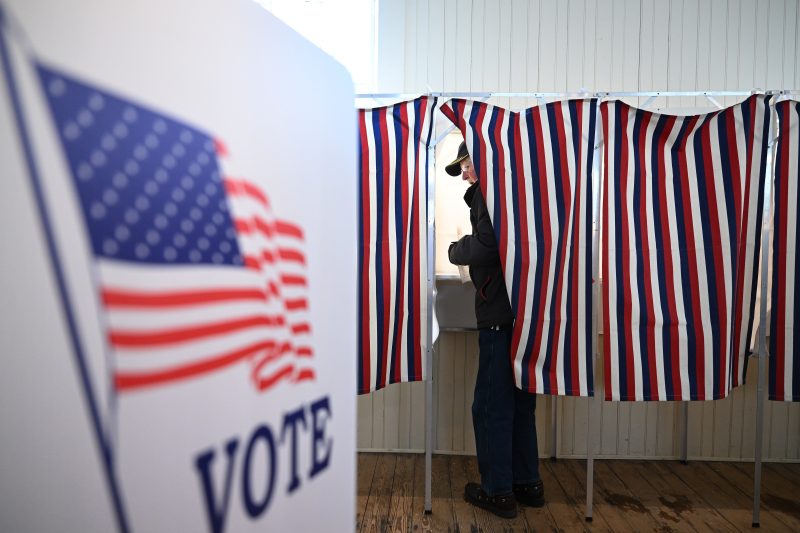The National Popular Vote Plan: Addressing Challenges of the Undemocratic Electoral College
Understanding the Electoral College System
The United States presidential elections are a complex interplay of state and national dynamics, culminating in the selection of the President through the Electoral College system. Established by the founding fathers in the U.S. Constitution, the Electoral College is a unique method for choosing the President wherein each state is allocated a certain number of electors based on its representation in Congress. The candidate who wins the majority of electoral votes (270 out of 538) becomes the President.
The Electoral College system has faced criticism for being undemocratic and not always reflective of the popular vote. This discrepancy arises from the winner-takes-all approach adopted by most states, where the candidate with the majority of votes in a state receives all of its electoral votes. As a result, a candidate can become President without securing the national popular vote, as evidenced in several past elections.
Challenges Posed by the Electoral College System
One of the primary criticisms of the Electoral College is that it can lead to a situation where the candidate who wins the popular vote nationwide does not win the presidency. This scenario undermines the principle of majority rule and can erode public trust in the electoral process. Moreover, the winner-takes-all rule in most states incentivizes candidates to focus their efforts on swing states and neglect states where the outcome is predetermined. This disparity in campaign attention can distort the priorities of elected officials and disenfranchise voters in non-competitive states.
The National Popular Vote Plan as a Potential Solution
In response to these challenges, the National Popular Vote Plan (NPV) presents a novel approach to reforming the Electoral College system. The NPV is an interstate compact that seeks to guarantee the presidency to the candidate who receives the most popular votes across all 50 states and the District of Columbia. Under the NPV, states pledge to award all their electoral votes to the winner of the national popular vote, regardless of the state-level results.
By effectively bypassing the Electoral College’s winner-takes-all mechanism, the NPV aims to ensure that the President is elected by a true majority of the popular vote. This reform could potentially reduce the discrepancy between the popular vote and the electoral vote, promoting a more democratic selection process. Additionally, the NPV could encourage candidates to campaign nationwide and address the concerns of voters in all states, rather than focusing solely on battleground states.
Challenges and Controversies Surrounding the NPV
Despite its potential benefits, the NPV has faced criticism and controversy since its inception. Opponents argue that the NPV undermines the sovereignty of individual states by disregarding their unique interests and preferences. Critics also raise concerns about the logistical challenges of implementing the NPV, including potential legal disputes and administrative complexities.
Furthermore, the NPV requires the participation of states representing at least 270 electoral votes to take effect, presenting a significant hurdle for its proponents. As of now, the NPV has been adopted by 15 states and the District of Columbia, totaling 196 electoral votes. While the compact continues to garner support from advocates of electoral reform, its ultimate success remains uncertain.
Conclusion
The National Popular Vote Plan offers a promising solution to the challenges posed by the Electoral College system, aiming to create a more equitable and democratic process for electing the President. By prioritizing the national popular vote over state-level outcomes, the NPV seeks to ensure that the President reflects the will of the majority of American voters. While the NPV faces obstacles and opposition, its potential to reshape the electoral landscape and enhance the legitimacy of the presidential election merits further consideration and debate.



























